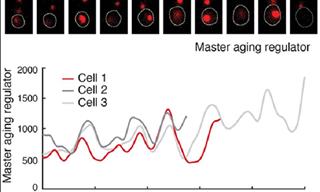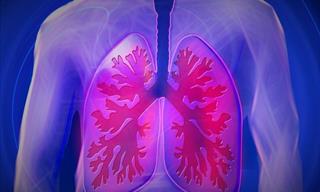Scientists have recently discovered that tardigrade proteins slow human cell metabolism, suggesting a potential avenue for anti-aging technology.
Tardigrades, often known as water bears, are among the most resilient organisms on Earth, showing exceptional survival ability in severe conditions. They defy the odds by weathering full desiccation, temperatures above 300 degrees Fahrenheit (150 degrees Celsius), extreme radiation hundreds of times above human tolerance, and even surviving the harsh vacuum of space.
Related: Effects of Aging on Your Ankles and Feet
Previous research has shown that these tiny creatures, measuring less than half a millimeter in length, can become dormant as a defensive mechanism when faced with significant environmental conditions.

Researchers at the University of Wyoming (UW) in the United States have been working to understand the complex processes used by tardigrades to move into and out of suspended animation in response to environmental stressors. Their findings shed light on the use of proteins in tardigrade cells, which cause gel formation and effectively slow key life functions.
These proteins were shown to generate a gel-like state in human cells, slowing cellular metabolism in the same way that tardigrades do. Furthermore, scientists discovered that human cells producing these tardigrade proteins were more resilient to different stimuli when put into suspended animation. Surprisingly, this process of imbuing human cells with tardigrade-like characteristics was found to be reversible.
“When the stress is relieved, the tardigrade gels dissolve, and the human cells return to their normal metabolism,” study co-author Thomas Boothby from UW said.
Previous research found that versions of tardigrade proteins have the potential to improve the stability of an important pharmaceutical used in the treatment of hemophilia (an inherited bleeding disorder in which the blood does not clot properly). Researchers believe that this breakthrough discovery may pave the way for significant advances in technologies that may induce cellular or organismal suspended animation, thus slowing down the aging process at the cellular level.
Related: How to Reverse Aging by Three Years in Just Eight Weeks!
More importantly, this new finding provides evidence that proteins from tardigrades may be able to enhance the storage potential of treatments like stem cells and make life-saving treatments accessible to people where refrigeration is not possible.
The details of the study were published in the journal Protein Science.
 Go to BabaMail
Go to BabaMail

























